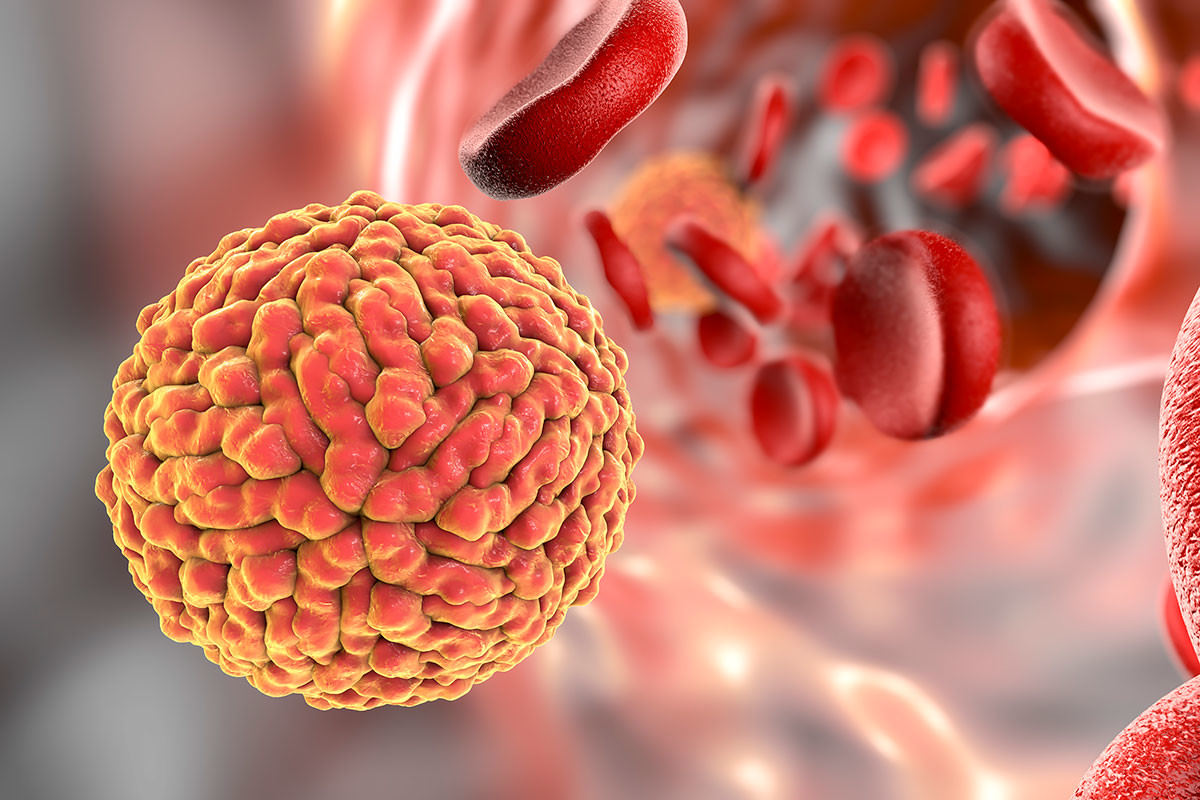Chances of contracting Zika same as winning lottery

Claudia Coeço
Brazilian health experts say the chances of contracting the Zika virus during the Olympic Games are on a par with winning the lottery.
During the peak of Zika transmissions, there were no cases among the seven thousand athletes who took part in the 44 test-events conducted, says Claudia Coeço, a biologist trained in ecology and biomathematics at Fiocruz's Scientific Computing Programme (PROCC).
"Zika' mains transmission route is the Aedes aegypti mosquito bite. This mosquito's behaviour is very much studied in Rio de Janeiro, due to the role it plays in the transmission of dengue. We know that in winter, when night time temperatures in Rio drop to below 22 degrees, the mosquitos' transmission capacity is very much affected.
"This is because the virus needs around twelve days to cross the mosquito's digestive system and reach the salivary gland so it can be injected into another person. And at this temperature the mosquitos have a shorter lifespan, bite much less and only a few survive these twelve days.
"That is why the number of dengue cases are always low in August, only one to seven cases in each 100 thousand people. In addition, some studies show that the Aedes aegypti is not a good Zika transmitter, thus, less cases of this disease are expected.
Fall in Zika cases in Rio de Janeiro this year.
"However, it is important to emphasise that it is not risk free, as at Games time there will be a very small probability (less than 0.00001) of catching a Zika infection. It is the same sort of chance as winning the lottery with just the one ticket.
"Despite this, it is important to protect yourself, following the recommendations made by Brazil's Ministry of Health, of tourists' countries of origin and GPs. To expecting mothers in particular, because of the risks associated to congenital Zika, you should consult with your doctor about the benefits and risks of visiting Brazil, or any other country where the virus is transmitted.
"Men who end up infected by the Zika should also try to inform themselves about the period when they should avoid sexual relations, in order to avoid transmitting the virus sexually to their partners.
"Although the Zika virus had already been circulating for a few years in Micronesian islands, it was in Brazil that it gained scale and its serious effects on babies were recognised for the first time. Therefore, Zika ended up being associated to Brazil, although it had already been present in over 40 countries.
"The Zika epidemic is not a local problem, belonging to just the one country. It is a global problem and has to been seen as such, so appropriate public health measures are taken. These measures involve identifying places in the world where the disease has a better chance of establishing itself, in order to inform the population about its risks as soon as possible.
"It is also important to invest in innovative control strategies for the mosquito, as traditional measures like the use of insecticide have lost its efficacy. In addition, it is very important to invest in surveillance and diagnosis capacity, as well as assistance services for cities."







